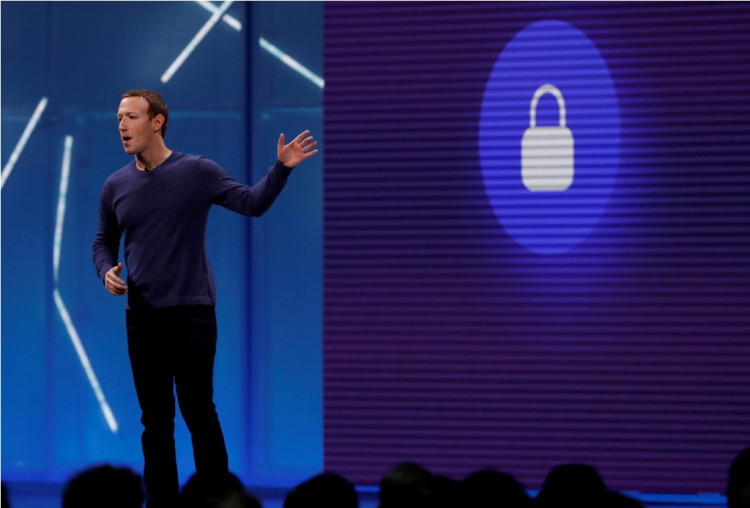Facebook traces its origin to the fun plaything created by Harvard dropout Mark Zuckerberg, and what once was a simple social experiment now morphed into a powerful digital platform that many fear is becoming a tool for manipulation. It's about time that the social media firm is subjected to a thorough review, and perhaps break things up.
This was the call recently issued by Chris Hughes, who was a collaborator by Zuckerberg, and a roommate as well when Facebook first came online as an exclusive social networking site, first for Harvard students and eventually for all American colleges. Hughes has opined that with Facebook, Zuckerberg now enjoys power that is "unprecedented and un-American."
Facebook in its current form has shown disregard for security and civility and focused more on growth, the former Zuckerberg further wrote. Its services, specifically the manner the News Feed behaves, have the tendency to influence the way people live, which is something that should alarm everyone, he added.
The solution to this snowballing problem, according to Hughes, is to break up Facebook and for governments to regulate the company's operations.
Zuckerberg, in a response, described the Hughes proposal as impractical. "What he's proposing we do isn't going to do anything to help," the Facebook CEO was reported by 9to5Mac as saying.
On the contrary, Facebook is a good thing for a more effective function of democracy and elections, given its immense size and the influence it projects, the company chief stated. On the accusations that the platform has become an instrument to interfere with elections, Zuckerberg countered his company, in fact, spends billions per year to prevent the use of Facebook in such activities.
Notwithstanding the explanation from Zuckerberg, the call to break up Facebook, which means spinning off the company's other key operations like Instagram and WhatsApp, has the support of powerful personalities. For instance, Elizabeth Warren, a Democratic senator and candidate for president, wants to dismantle the company and she wishes the same with Amazon and Google.
Warren said that should her campaign give her the key to the White House, this agenda will be a top priority of her administration.
However, CNET said the likelihood of Facebook actually breaking up on the strength of these mounting calls seems remote at the moment. For now, there is "no political momentum," for such a movement to succeed though advocates have the justifications to continue on their quest, the report added.
Users will need to consider the possible consequences of Facebook being forced to let go of its other services. On one hand, they will have options outside of the company for their social media needs.
But Facebook without WhatsApp and Instagram as integral to its operations will mean the loss of streamline messaging within the company's infrastructure, which will impact on the more than two billion active users of the social networking site.






